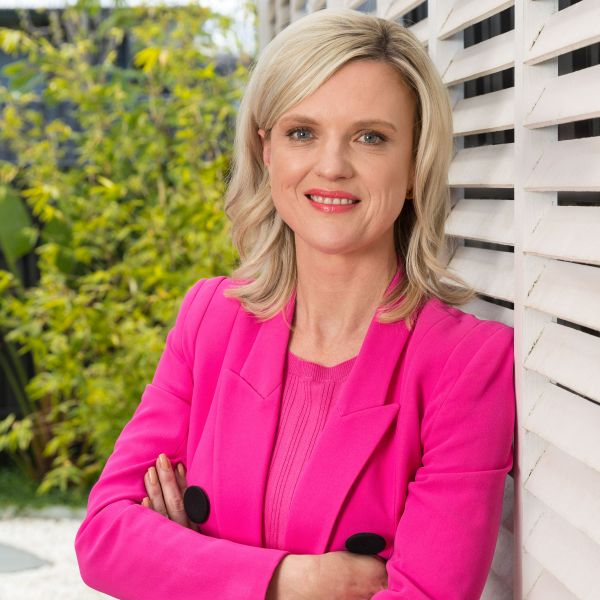What we covered in our chat
In this episode of the Well Workplaces podcast, I had the pleasure of speaking with Karen Eley, a financial coach with a deep understanding of the psychology of money. What stood out to me was Karen’s ability to cut through the noise of budgeting apps and financial hacks and instead focus on the emotional and behavioural side of money, the stuff most of us never learned at school.
It starts with our money beliefs
Karen kicked things off by pointing out that no matter how much money we earn, it often doesn’t solve our stress around money. That stress is usually driven by what we believe about money. These are beliefs shaped during childhood and influenced by our parents or early experiences. If we don’t take time to understand and reset these beliefs, we’re likely to repeat the same financial behaviours, even when our income grows.
Gratitude and mindfulness with money
Karen talked about using mindfulness and gratitude as powerful tools for reframing our relationship with money. Living in a country like Australia where most of us have access to clean water, housing, and other essentials can be a helpful grounding point when we feel caught in a spiral of comparison or financial anxiety. Our brains are hardwired to seek danger and threats, including financial ones, so we need to train ourselves to also see what's going well.
Taking stock of your digital habits
One of the most practical tips Karen shared was about changing our financial environment. Drawing on James Clear’s Atomic Habits, she encouraged people to take stock of their digital habits. This includes unsubscribing from tempting emails, reducing exposure to retail ads on social media, and taking control of those instant dopamine hits we get from online shopping. She reminded me how easy it is for our money to get pulled in the wrong direction simply because of what we allow into our inbox or feed.

Setting financial goals with purpose
Another key takeaway was the importance of giving money a purpose. Without financial goals - whether it’s a holiday, a house deposit, or greater time flexibility - our money tends to drift. Karen explained that having direction helps reduce overwhelm and keeps us focused on what we value most.
Bringing money conversations into the workplace
Workplaces can be a place that supports financial wellbeing. Karen sees a future where employers help make money conversations less taboo, allowing employees to learn from each other’s experiences and mistakes. She used the metaphor of money as an iceberg - we often only see the tip (like a colleague’s new purchase), without knowing what’s below the surface (debt, stress, or sacrifice).
Final thoughts
Karen doesn’t just help people “fix” their finances - she helps them explore their relationship with money, understand where their habits come from, and set goals that truly reflect their values. One question that really stuck with me was this: “If money was a person you've known your whole life, what would that relationship look like?” It’s a powerful starting point for anyone wanting to take real ownership of their financial wellbeing.
Written by Tom Bosna
May 2025